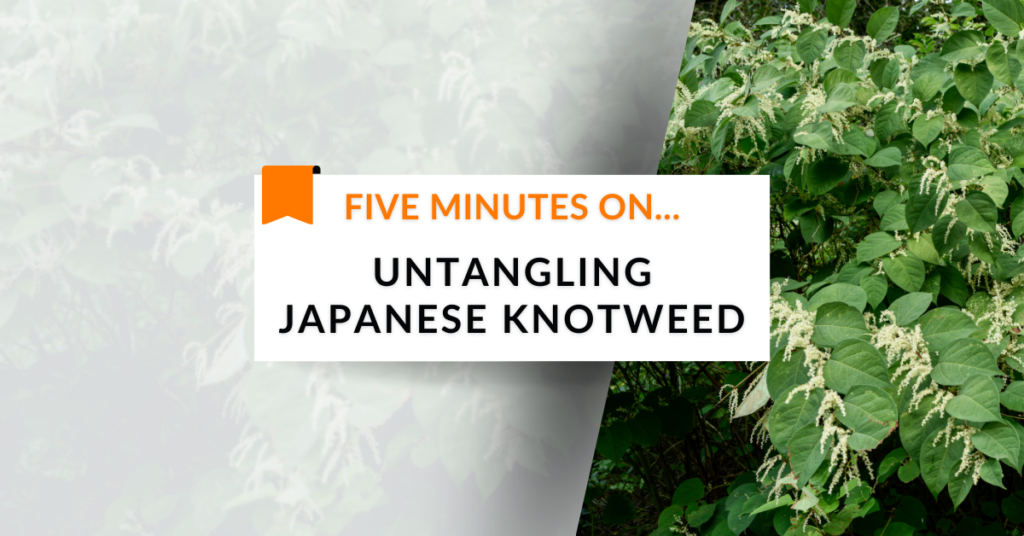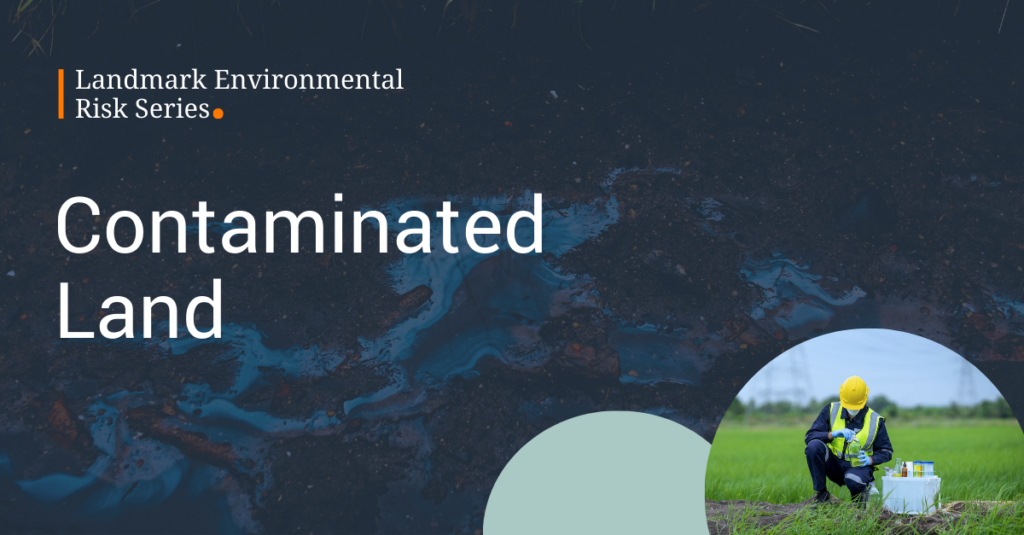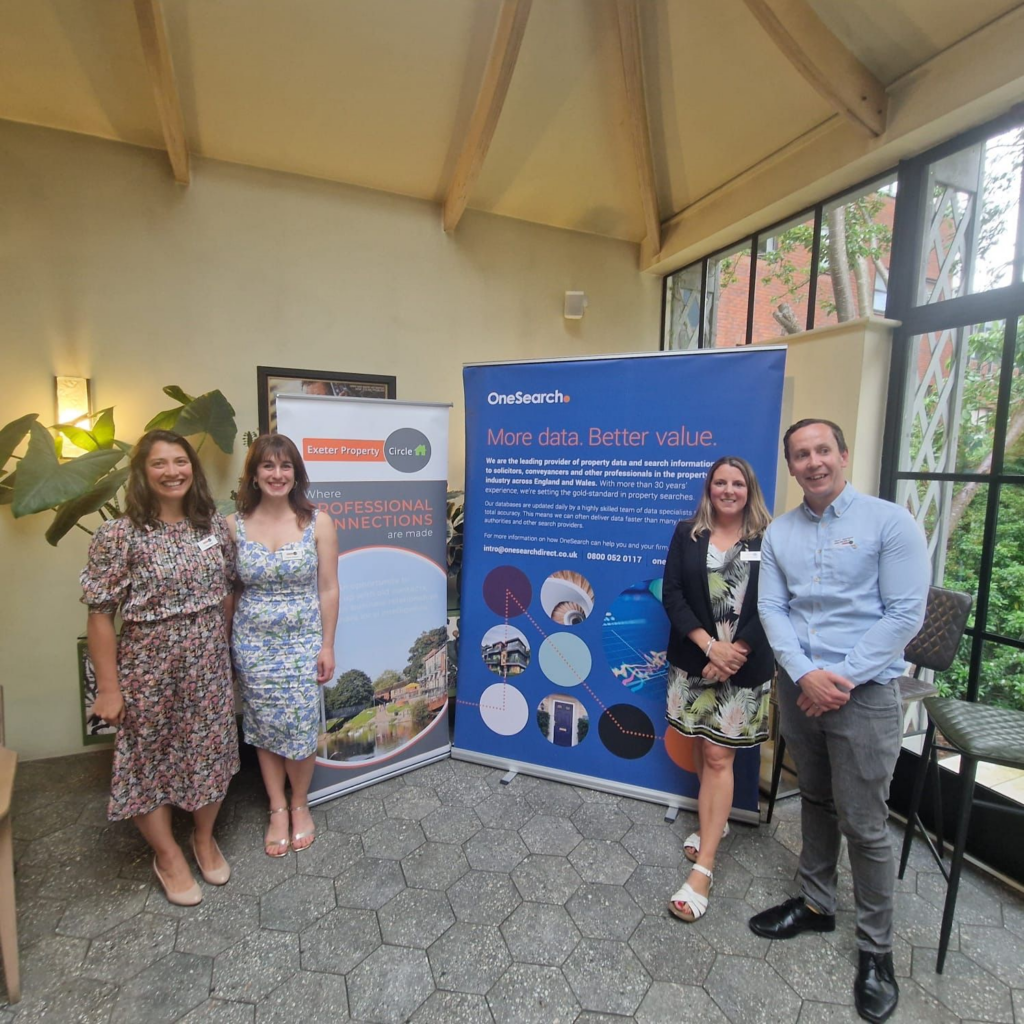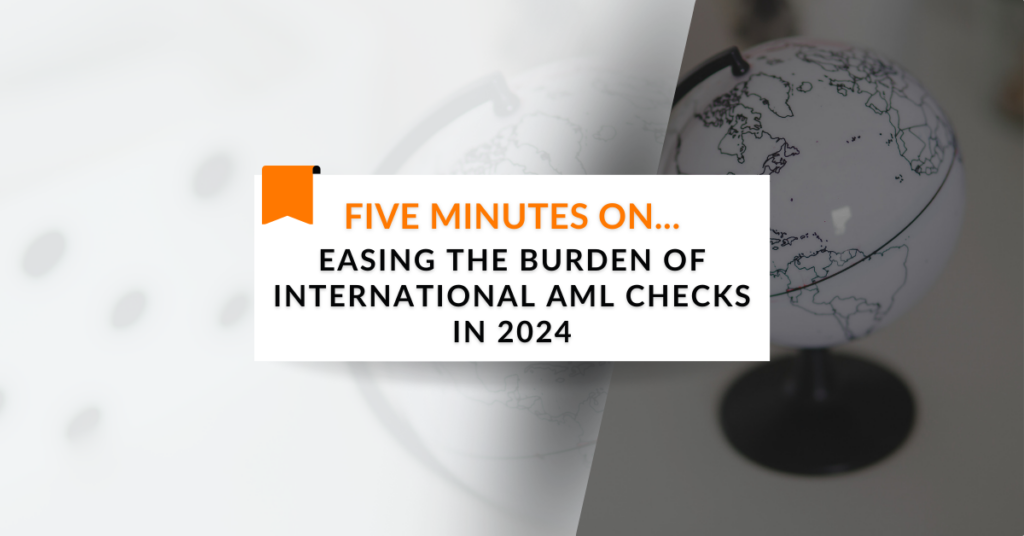
Japanese knotweed is a rare but all-too-real challenge to the conveyancing process. And, as spring has now sprung and this problematic weed enters the fast-growing season, it’s worth conveyancing professionals’ time to ensure they’re up to date and fully informed about the latest guidance.
We’ve put together a five-minute read to help you keep the conveyancing process on track and prevent you and your customers from getting tangled up in Japanese knotweed confusion:
1. What is Japanese knotweed?
- Japanese knotweed is a fast-growing, invasive rhizome plant with deep, strong, and notoriously destructive roots
- It affects around 5% of UK properties
- It typically requires costly, specialist removal when detected
2. Why does it matter to the conveyancing process?
- Japanese knotweed is mentioned in the TA6 property information form that property sellers must complete
- The presence of Japanese knotweed on or near a property tends to cause panic, not only because it requires specialist removal, but also because homeowners can be fined if they fail to contain and safely dispose of it
- This can lead to additional queries in the conveyancing process, problems with mortgage applications and in many cases, a complete change of heart on the part of the buyer
3. What’s new in RICS and Law Society guidance?
- RICS has recently published new guidance which abolishes the 7-metre rule used by valuers to assess risk and which proposes a ‘more nuanced’ view of the problem
- As a result, valuers and surveyors are likely to advocate careful management, rather than complete eradication, of the weed
- Nevertheless, the TA6 form has been updated to require sellers to declare with absolute certainty whether Japanese knotweed is present or not – and in the case of a ‘no’ response, will be held liable on that basis
4. What does that mean for my customers?
- It’s incumbent on conveyancing professionals to ensure that their customers fully understand the TA6 update and their liability regarding their declaration on Japanese knotweed
- There are, however, specialist indemnity products available via our OneSearch order portal to mitigate future claims risk, such as CLS PI.
5. How can I learn more?
- We ran a webinar – Japanese Knotweed and its Impact on the Conveyancing Process, which can be viewed here
Related Articles

Landmark residential property trends report Q2 ‘24 – July 2024

Landmark Environmental Risk Series: Contaminated Land

Landmark Environmental Risk Series: Storm Babet

OneSearch attend Exeter Property Circle Annual Summer Party

Five minutes on… Easing the Burden of International AML Checks in 2024

OneSearch Appoints Business Development Manager

Video | How to Complete AML Checks in Minutes

New Anti-Money Laundering check simplifies compliance for property professionals

What is the true cost of AML for conveyancers?

